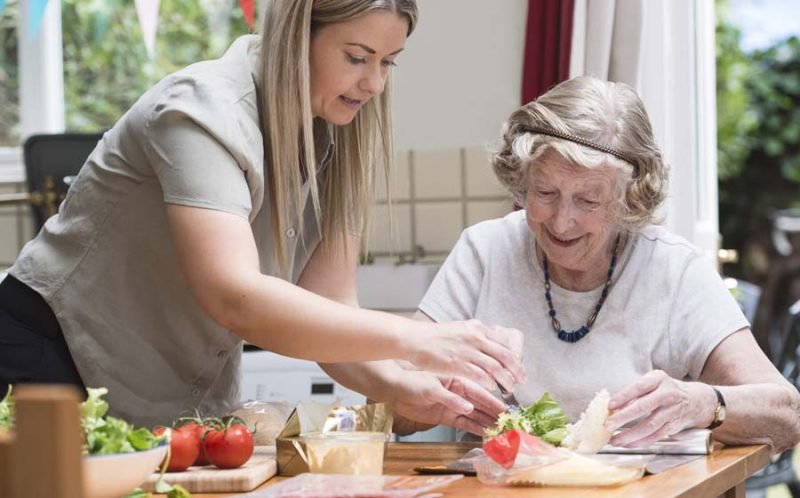
As we age, our ability to care for ourselves may decline, leading to a loss of independence. However, with the proper support and care, older people can regain their independence and continue living in their homes. This is where wellness and reablement come in.
Reablement services is an at-home care approach used within the aged care sector. This blog post will explore reablement in more detail and discuss its benefits for older people. We will also explore how reablement services are delivered and its role in the wider aged care sector.
Whether you’re an older person who needs extra support, a family member or caregiver, or simply interested in learning more about aged care, this post will provide valuable insights into this vital topic.
What is Wellness & Reablement Support?
Reablement is an approach that provides older people with tailored support to adapt to their daily life following a severe injury or illness. The aim is to help them regain their confidence and independence while promoting their overall well-being during recovery.
This can lead to reduced time spent in the hospital and a faster return to their regular daily routine.
The focus of reablement in aged care is on promoting wellness and helping older people in NSW live as active, purposeful, healthy, and independently as possible, preferably in their homes.
Reablement involves various activities, including injury recovery techniques such as physical therapy. Depending on the client’s physical capabilities and injury type, this may involve balance exercises, weight training, or motion training.
Other reablement and wellness treatments can include accompanying the person on public transport until they feel comfortable going alone, strategizing simple ways to make domestic tasks more manageable, and helping the person use assistive equipment like a laundry trolley or shower chair.
Skills training for ordering groceries and preparing meals may also be offered. These approaches promote independence and help older people recover from injury or illness.
The Benefits of Wellness & Reablement Support For Independent Living
Reablement helps older people adjust to home life, achieve independence, reduce hospital demand, and improve their quality of life. Other benefits include:
Meeting Specific Outcomes
At the start of the wellness and reablement process, the carer and client will discuss the client’s goals for the program. While the ultimate aim is full autonomy, some clients may still require assistance from family, friends, or other aged care services to maintain their improvement.
However, all clients should have a clear understanding of what they want to achieve and what they hope to be able to do independently by the end of the program. This helps to ensure that the reablement program is tailored to their individual needs and goals and that they receive the best possible support to achieve the greatest level of independence.
Customized Care Approach For Individual Clients
Reablement programs are tailored to individual needs, considering the client’s strengths and weaknesses to be effective. The carer will evaluate the client’s abilities to focus on helping them achieve tasks that need assistance.
Assist In Gaining Overall WellBeing
Helping seniors stay independent can boost their self-esteem, confidence, and quality of life. Increased independence expands interest in engaging in social activities, promoting wellbeing. Even if they still need aged care, the ability to perform simple tasks without assistance can significantly improve their quality of life.
Lowers The Need For Long-Term Care In The Future
Encouraging independence, particularly for those at risk of needing more care, naturally eases the pressure on care services and family and friends. In addition, enabling individuals to adequately care for themselves longer reduces the likelihood of future hospital admissions or ongoing support needs.
This proactive approach to care also helps to ensure that people can live independently for as long as possible and have access to the appropriate care and support when needed most.
Final Words
The wellness and reablement approach to aged care empowers older people to live independently as much as possible. This means providing support tailored to the individual’s needs and abilities rather than simply taking over tasks they can do themselves.
Through this approach, older people are given the opportunity to live independently for as long as possible and have access to appropriate care and support when needed.









